
The regions Villanova College offers busing from are:
How we see Villanova College
Compare with:
How Villanova College sees itself
"Villanova College is York Region’s only independent Catholic school preparing young men and women for university and for life. Learning at Villanova is exciting, engaging and enduring. Small class sizes, the Teacher-Advisor Program and the Guided Learning Centre allow our faculty to give students the individual attention they require to reach and exceed their potential. Individual talents are nurtured through specialty academic programs, including Advanced Placement and STEM (Science, Technology, Engineering and Math) as well as extensive co-curricular programs including music, performing arts and athletics. Located on 53 acres on the Oak Ridges Moraine, the school is situated in an idyllic setting with state of the art facilities including an artificial turf field, triple gymnasium and completely wireless environment. The academic achievements of Villanova graduates have consistently been recognized through scholarship offers and acceptance to preferred universities. Our graduates have gone on to study at the most selective programs at highly regarded universities in North America and internationally. To provide your child with a foundation for lifelong success contact our admissions office or visit our website at www.villanovacollege.org."


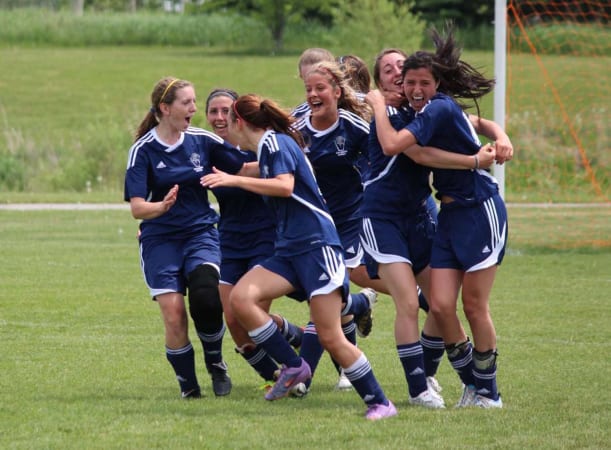
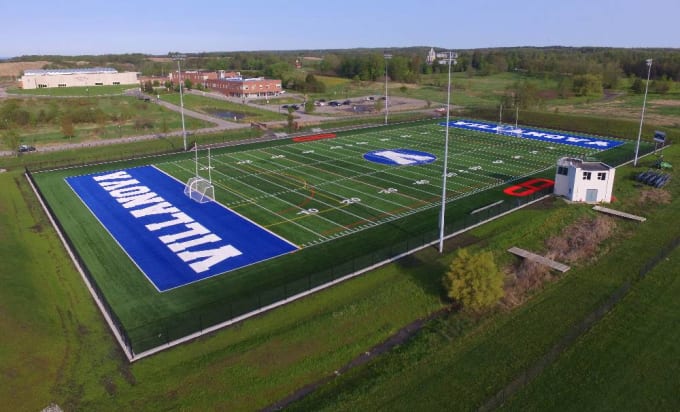
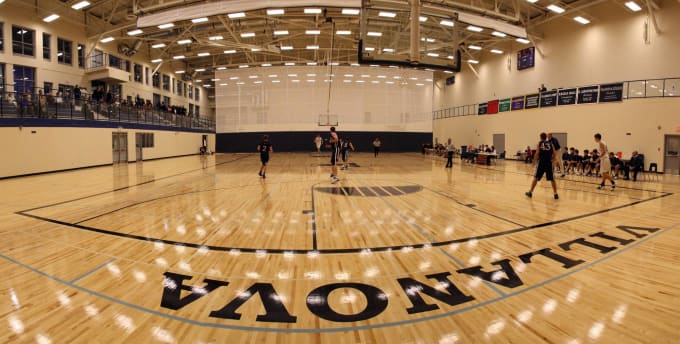



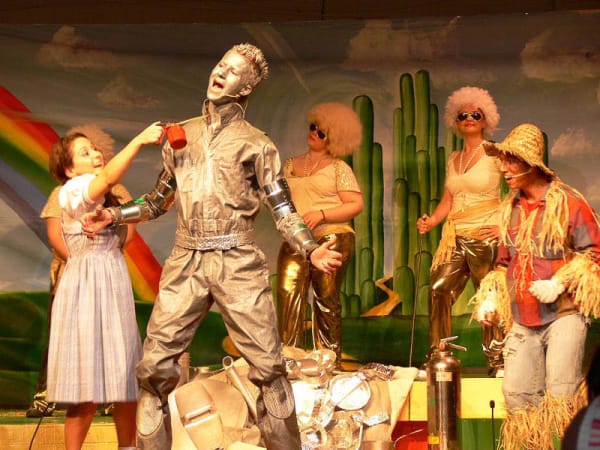
"The Wiz" Musical Theatre Production

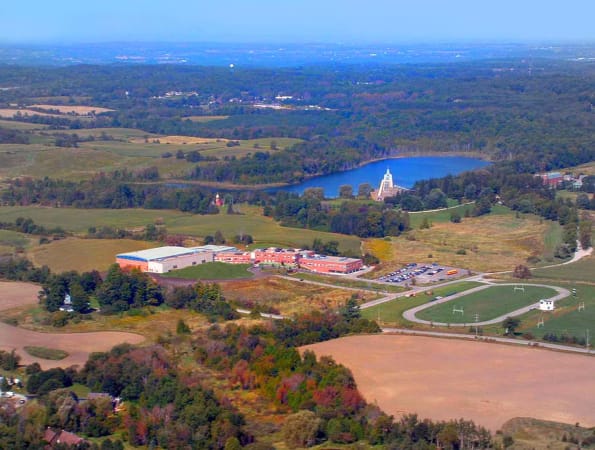
Aerial view of campus
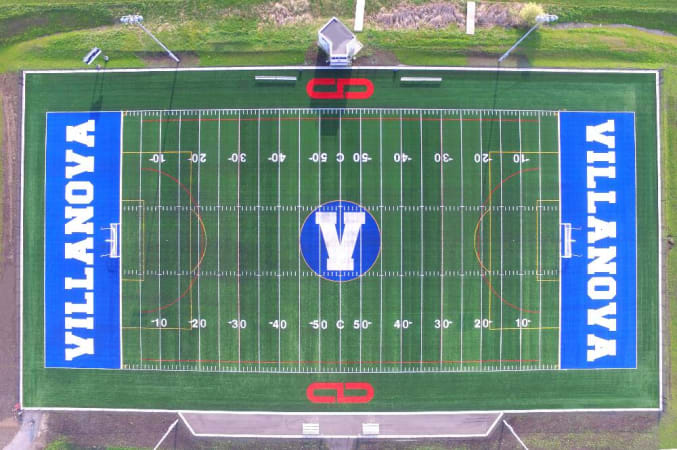





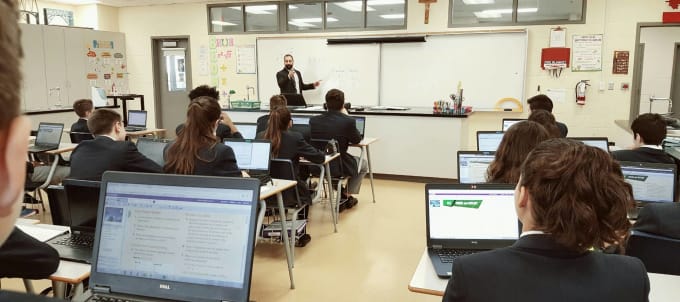


How people from the school’s community see Villanova College
Top-down influence on the school’s direction and tone
Paul Paradiso, Headmaster
Villanova College is an independent, Catholic school committed to the Augustinian values of unitas, veritas and caritas, meaning unity, truth and love. Since 1999, the School has prepared young men and women for university, for leadership and for life. Villanova educates its students in a caring environment focused on academics while maintaining a balance between spirituality, arts, athletics and community involvement.
Villanova is a tightly knit family that supports and challenges students in grades 4 through 12, as they become independent critical thinkers so that they may lead with integrity. Challenge, community, care and respect are the key characteristics of our school. Our high academic standards are supported by a caring and involved faculty that serves to help each student reach his/her potential. Villanova College is a special place that recognizes and takes great pride in our students' academic achievements, aptitude in the performing arts, athletic excellence, extensive Christian Service and proud community spirit.
Faithfully yours,
Paul Paradiso
Headmaster
Most big schools provide your extroverted child with plenty of social opportunities and the ability to interact with different peer groups with a wide range of personalities, interests, values, etc. A larger student population and more extracurriculars—including activities like team sports, arts programs, and debate—will give them a broader scope of opportunities to participate in events that scratch their interpersonal itch. “This may also give them the opportunity to hone certain skills,” say Ann and Karen Wolff of Wolff Educational Services. “For instance, they might run for student council to develop leadership and public speaking skills and learn to be a voice for other students.”
Make sure any prospective school, no matter what size, provides the right social environment to help your child feel at home, make friends, and develop confidence. This is especially important at big schools, which are sometimes more socially overwhelming and challenging for an introvert to find their bearings in. Of course, “Because larger schools usually have a more diverse student population, introverted kids are more likely to find a small group of people like them, a peer group they can relate to and find acceptance from,” says Dona Matthews, Toronto-based education consultant and co-author (with Joanne Foster) of Beyond Intelligence.
Bigger schools often have a broader scope of extracurricular activities, which is another way to help your child meet the right group of friends. “This may also give them the opportunity to develop certain skills,” say Ann and Karen Wolff of Wolff Educational Services. “For instance, they might run for student council to develop leadership and public speaking skills and learn to be a voice for other students. Remember, though, each child is different—so what works for one may not work for another.”
THE OUR KIDS REPORT: Villanova College
Next steps to continue your research:
Continue researching Villanova College with OurKids.net, or visit school website.